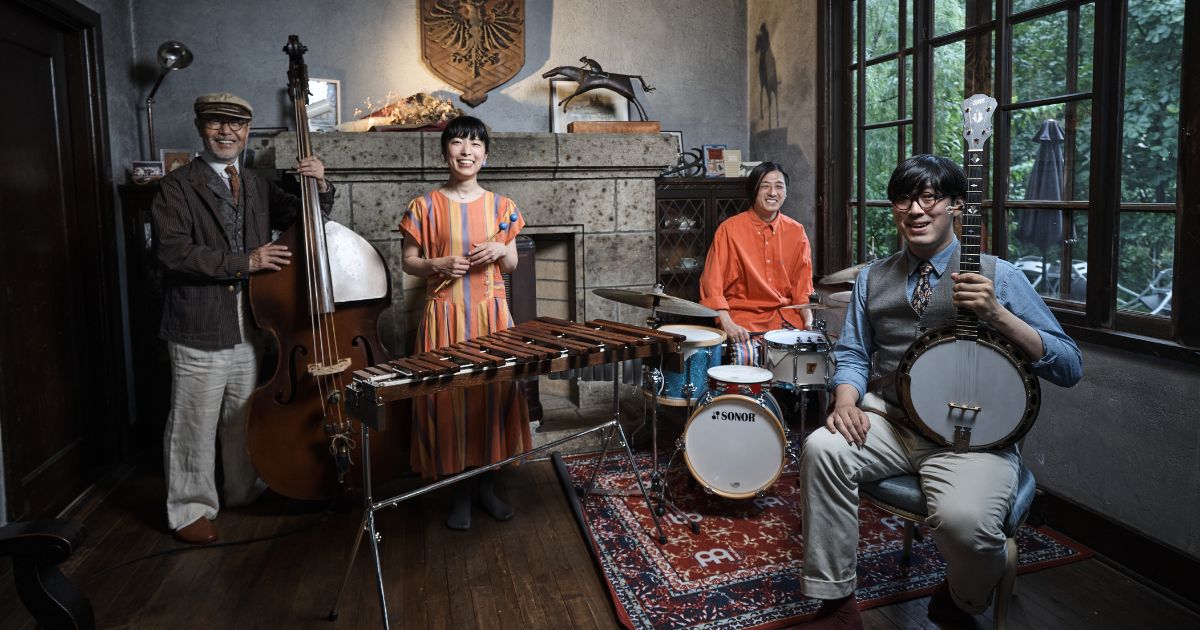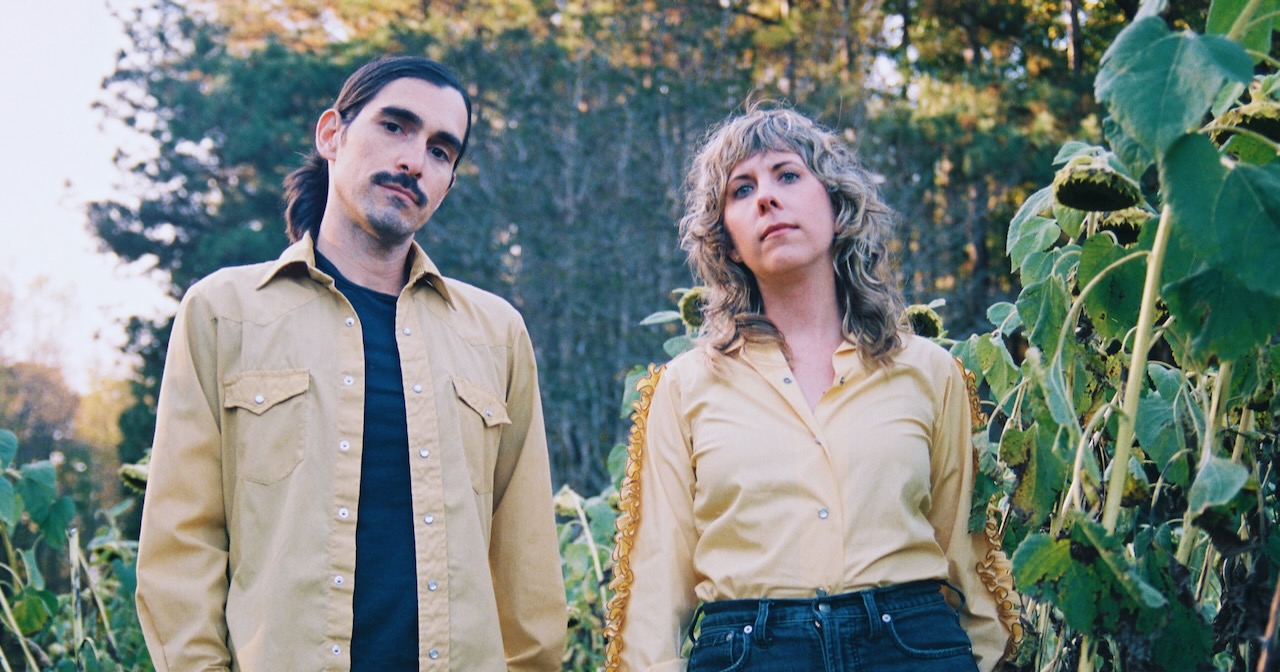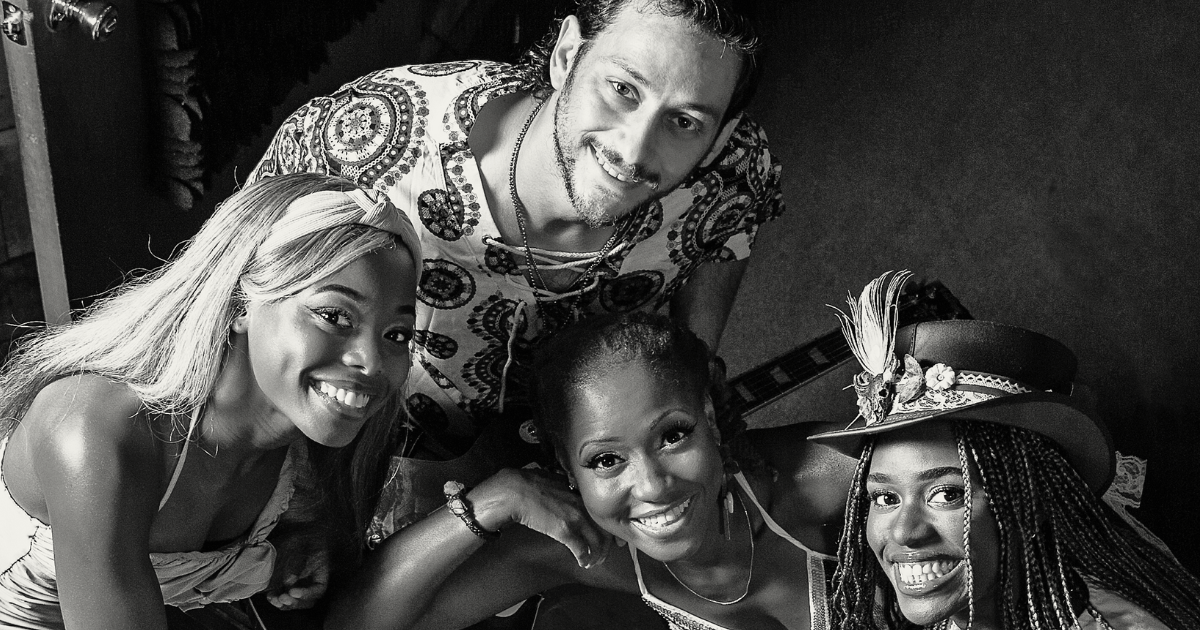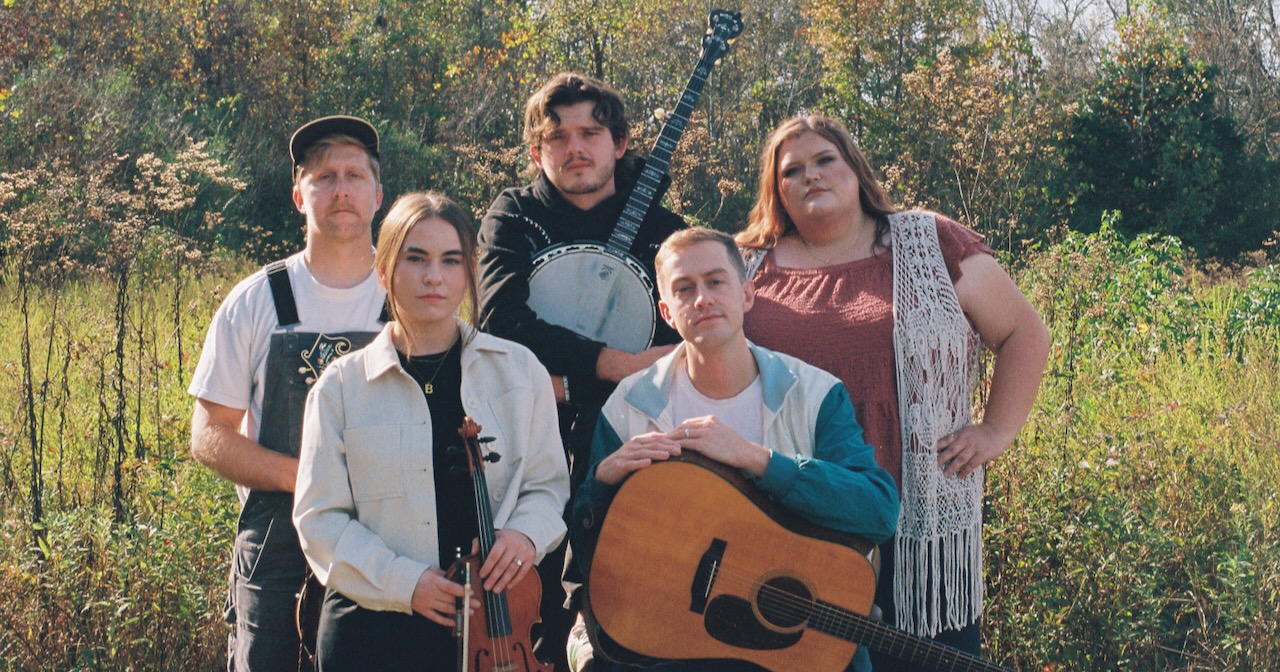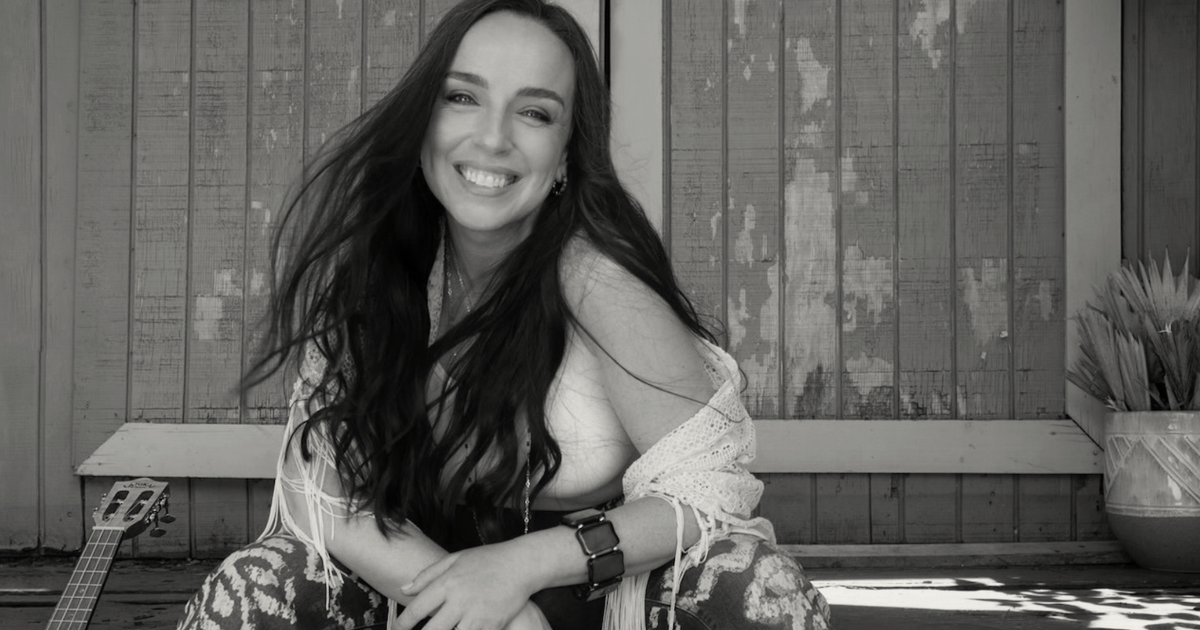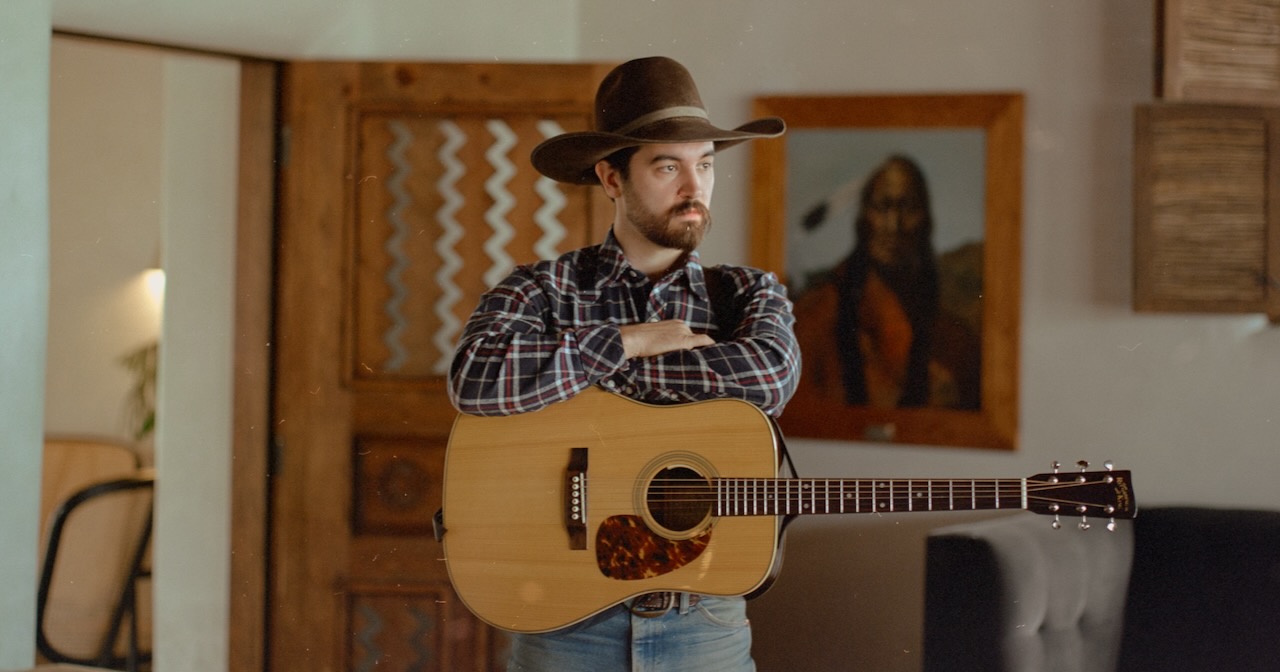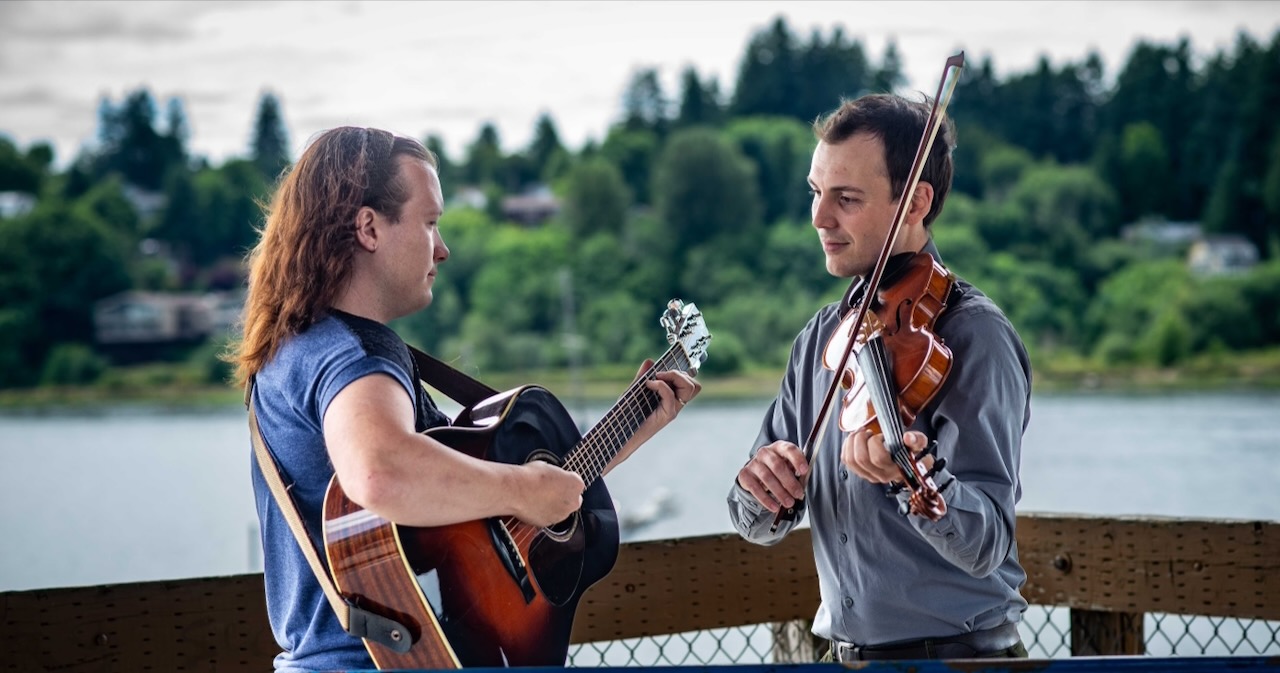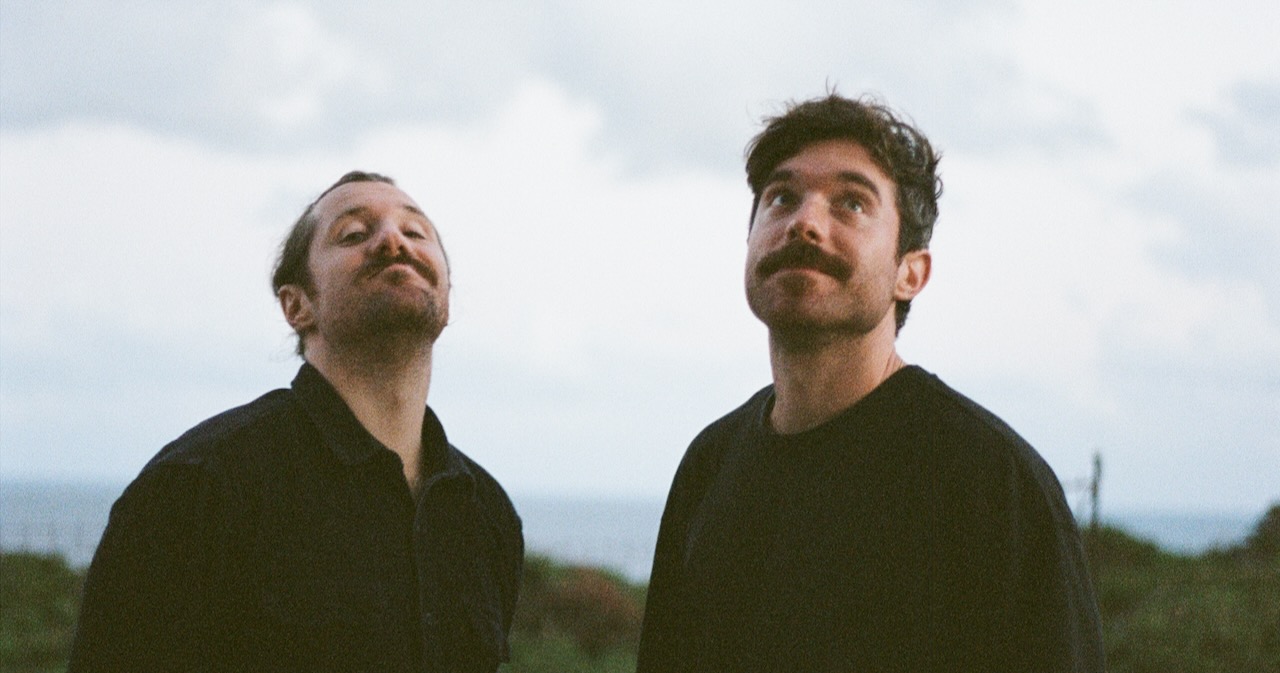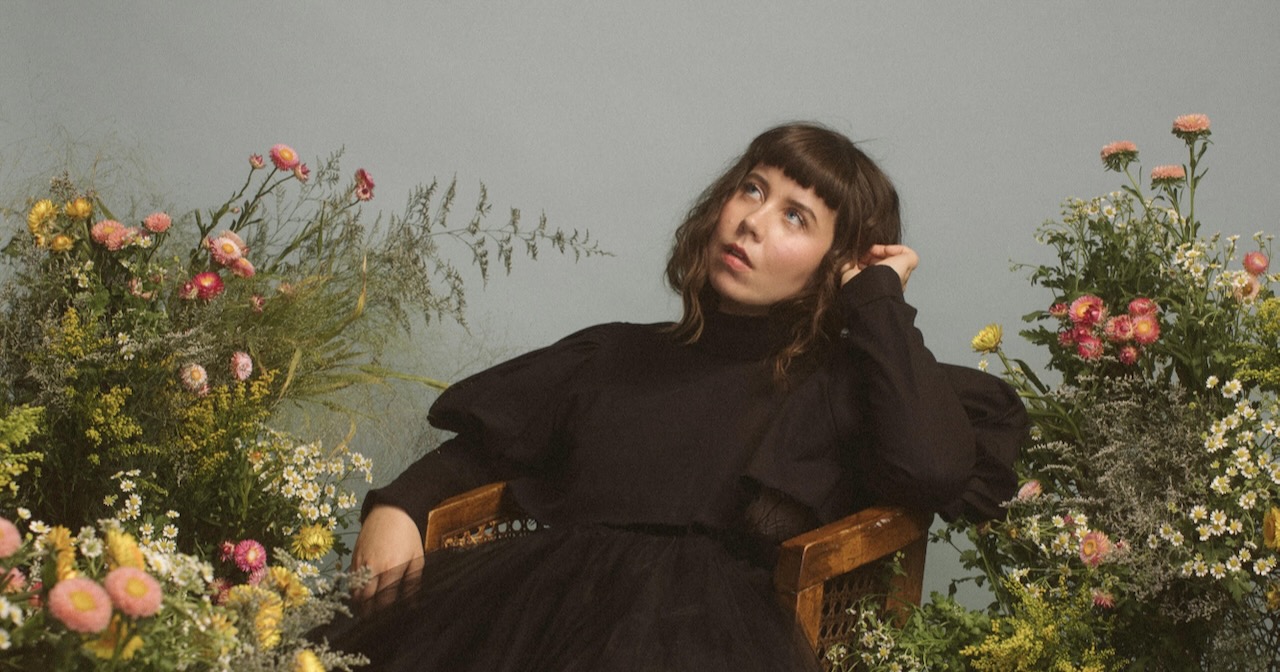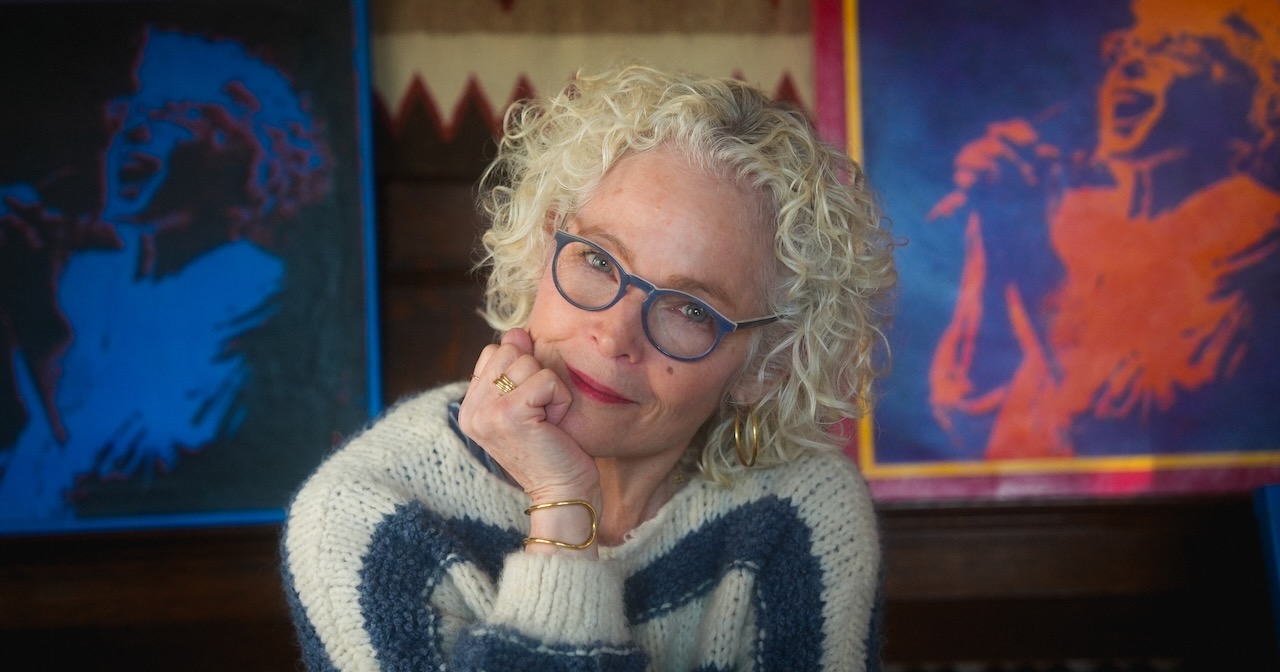Artist: Thompson the Fox
Hometown: Tokyo, Japan
Latest Album: The Fox In Tiger’s Clothing, vol.1: FOX
Which artist has influenced you the most – and how?
Takero Sekijima. I first encountered his music about 15 years ago, back when I was playing marimba and aiming to become a classical performer. At the time, I was unsure whether to continue pursuing that path. Until then, I had mostly performed solo, but his music taught me how powerful it can be to create music with others. After discovering his work, I came to believe that simple, warm music has the ability to speak directly to the heart. – Rie Koyama, xylophone
Earl Scruggs. When I started playing banjo at age 11, I was blown away by Foggy Mountain Jamboree by Flatt & Scruggs. I couldn’t read English at the time, but I began studying banjo on my own using Earl’s instruction book that my parents bought for me. He’s the most creative figure in the history of the banjo and he has always been the player I respect the most. – Takumi Kodera, banjo
Dennis Crouch. His bass lines are precise and never excessive, and the tone he creates with gut strings is truly unique. – Akihide Teshima, bass
Paul Motian. As a drummer, his playing opened my eyes to the idea that rhythm can have a three-dimensional structure – almost like cubism in sound. He also composed many brilliant pieces and constantly explored new musical possibilities through innovative work in trios and combos. – Tomohito Yoshijima, drums
What’s the toughest time you ever had writing a song?
There was a time when a tune I came up with seemed to call for many different characters or voices and I felt that Thompson the Fox alone didn’t have enough sound to fully express it. That was a real challenge. On our new album, we layered toy piano and percussion to expand the sound. For live shows, we do our best to recreate that lively atmosphere by ourselves. – RK
My goal in composing and arranging is to make the most of each member’s abilities through the ensemble. Writing for a band like ours – with its unusual and unprecedented instrumentation – is always challenging, but deeply rewarding. Since there’s no model to follow, I try to understand each instrument’s unique qualities as well as each member’s playing style. – TK
For me, every tune needs a story – like a short piece of fiction. The hardest part is crafting a story that’s compelling on its own, then figuring out how to express it through music in a way that evokes that narrative. Communicating that idea clearly to the other members is also part of the challenge. – TY
Genre is dead (long live genre!), but how would you describe the genres and styles your music inhabits?
I’ve always approached music freely, without confining myself to specific genres. It’s all about expressing myself authentically. – AT
Rie comes from a background of classical and contemporary music, Tomohito from jazz, and Akihide and I from bluegrass. We’re a band made up of four people with completely different musical backgrounds. We’ve been searching for the common ground between us and expanding on that as we create music. As a result, I believe we naturally developed a unique sound that’s difficult to categorize into any specific genre. – TK
Since food and music go so well together, what is your dream pairing of a meal and a musician?
Grilled samma (Pacific saury) with Bones Jugs. – RK
On a cold winter day, sipping hot sake and enjoying oden at a cozy izakaya while listening to Amos Milburn. – TK
Yakitori with modern jazz. – AT
Spicy food so hot it makes you sweat, paired with Miles Davis’ Bitches Brew. – TY
What would a perfect day as an artist and creator look like to you?
A day with no urgent deadlines. I’d practice the xylophone, take a nap, go for a run, drink some beer, eat fish, read a sci-fi book in the bath, and go to bed. – RK
A day when I can play the banjo not to prepare for anything, but purely out of interest and curiosity. – TK
A day when I can play without mistakes and enjoy a drink afterward. – AT
A day when I can spend as long as I want trying to beat an insanely difficult video game. – TY
Photo Credit: Koichi Wakui
